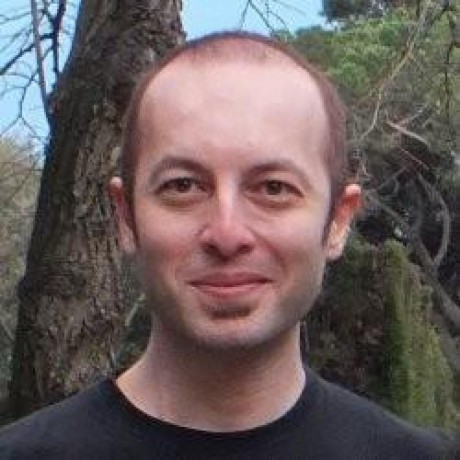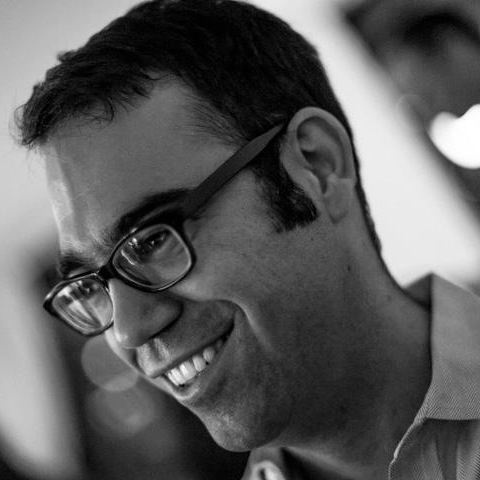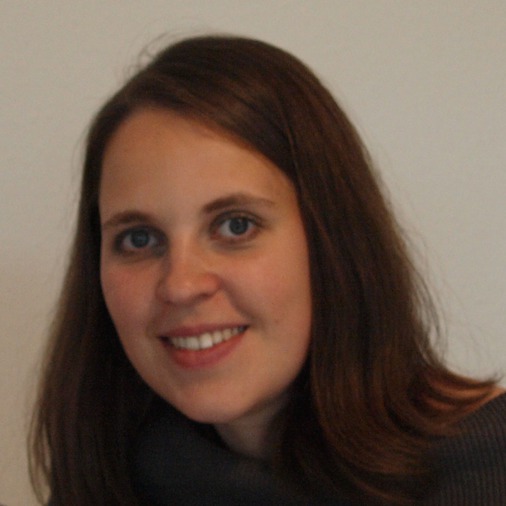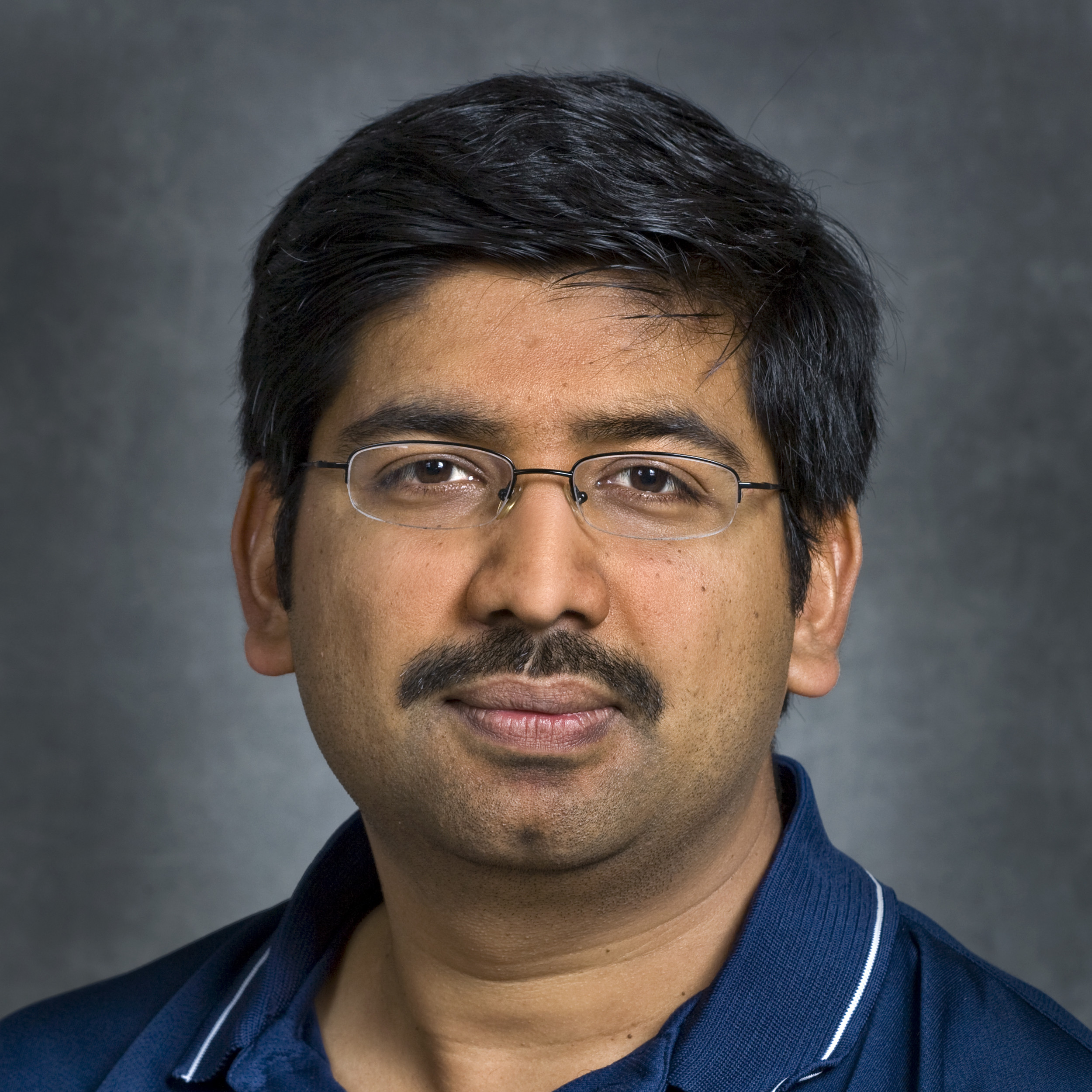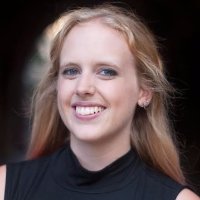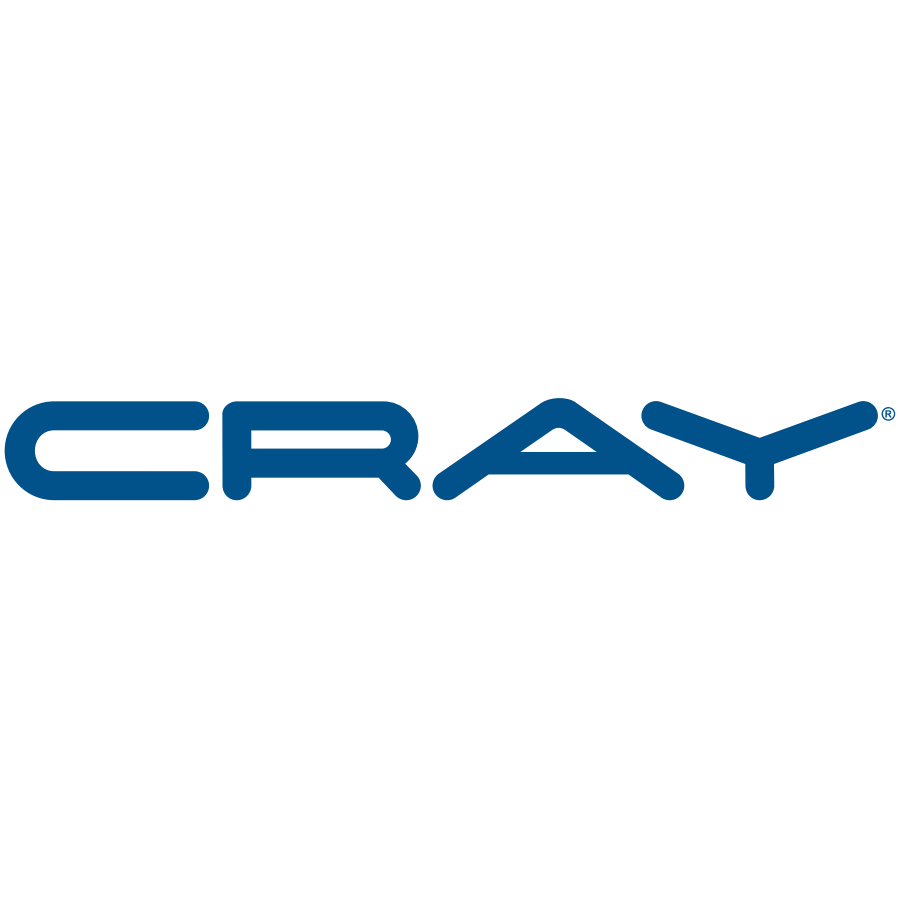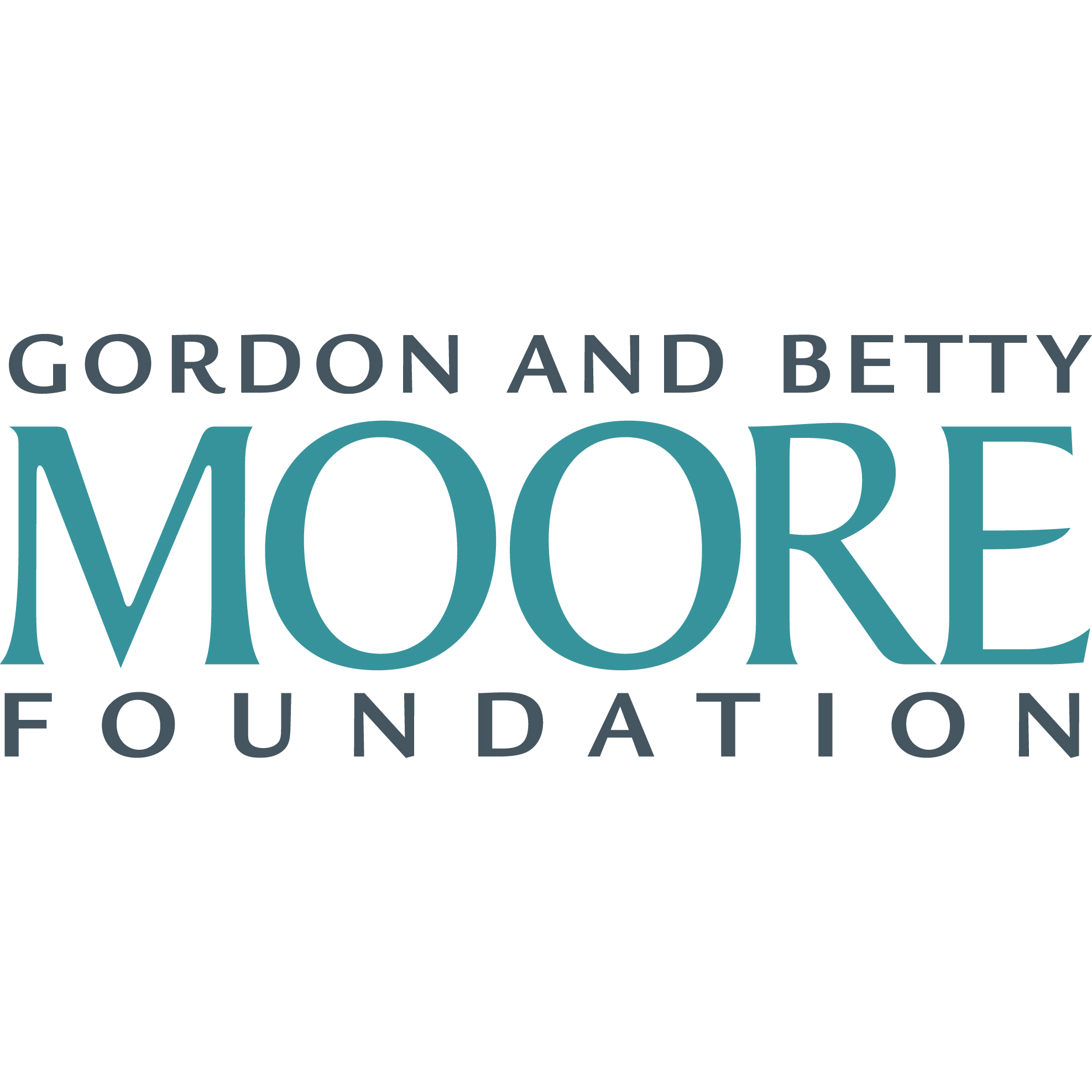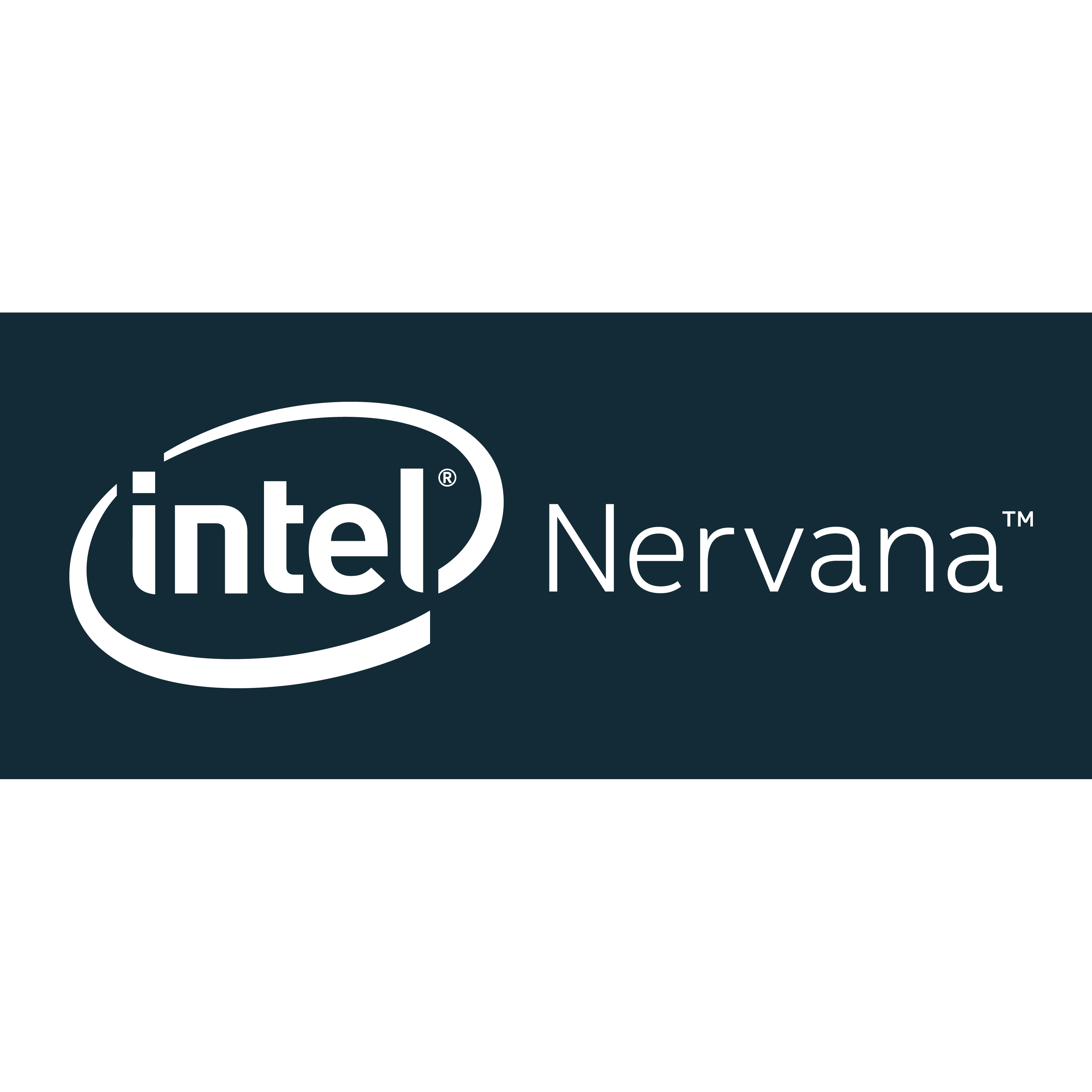Adversarial learning to eliminate systematic errors: a case study in High Energy Physics [pdf]
Victor Estrade, Cecile Germain, Isabelle Guyon and David Rousseau |
Variational Inference over Non-differentiable Cardiac Simulators using Bayesian Optimization [pdf]
Adam McCarthy, Blanca Rodriguez and Ana Minchole |
Deep topology classifiers for a more efficient trigger selection at the LHC [pdf]
Daniel Weitekamp III, Thong Q. Nguyen, Dustin Anderson, Roberto Castello, Maurizio Pierini, Maria Spiropulu and Jean-Roch Vlimant |
Nanophotonic Particle Simulation and Inverse Design Using Artificial Neural Networks [pdf]
John Peurifoy, Yichen Shen, Li Jing, Yi Yang, Fidel Cano-Renteria, Brendan Delacy, Max Tegmark, John Joannopoulos and Marin Soljacic |
FlareNet: A Deep Learning Framework for Solar Phenomena Prediction [pdf]
Sean McGregor, Dattaraj Dhuri, Anamaria Berea and Andrés Muñoz-Jaramillo |
Solving differential equations with unknown constitutive relations as recurrent neural networks [pdf]
Tobias Hagge, Panos Stinis, Enoch Yeung and Alexandre Tartakovsky |
Convolutional Neural Networks for Electron Neutrino and Electron Shower Energy Reconstruction in the NOvA Detectors [pdf]
Lars Hertel, Lingge Li, Pierre Baldi and Jianming Bian |
Deep Learning Reconstruction of Ultra-Short Pulses [pdf]
Tom Zahavy, Alex Dikopoltsev, Shie Mannor, Oren Cohen and Moti Segev |
Towards a Hybrid Approach to Physical Process Modeling [pdf]
Emmanuel de Bézenac, Arthur Pajot and Patrick Gallinari |
DeepJet: Generic physics object based jet multiclass classification for LHC experiments [pdf]
Markus Stoye, Jan Kieseler, Mauro Verzetti, Huilin Qu, Loukas Gouskos, Anna Stakia and CMS Collaboration |
Graph Memory Networks for Molecular Activity Prediction [pdf]
Trang Pham, Truyen Tran and Svetha Venkatesh |
PSIque: Next Sequence Prediction of Satellite Images using a Convolutional Sequence-to-Sequence Network [pdf]
Seungkyun Hong, Seongchan Kim and Sa-Kwang Song |
ConvWave: Searching for Gravitational Waves with Fully Convolutional Neural Nets [pdf]
Timothy Gebhard, Niki Kilbertus, Giambattista Parascandolo, Ian Harry and Bernhard Schölkopf |
Implicit Causal Models for Genome-wide Association Studies [pdf]
Dustin Tran and David Blei |
Calorimetry with Deep Learning: Particle Classification, Energy Regression, and Simulation for High-Energy Physics [pdf]
Benjamin Hooberman, Amir Farbin, Gulrukh Khattak, Vitória Pacela, Maurizio Pierini, Jean-Roch Vlimant, Maria Spiropulu, Wei Wei, Matt Zhang and Sofia Vallecorsa |
Using Neural Network Control Policies For Rapid Switching Between Beam Parameters in a Free Electron Laser [pdf]
Auralee Edelen, Jonathan Edelen, Sandra Biedron, Stephen Milton and Peter van der Slot |
Data Quality Network for Spatiotemporal Forecasting [pdf]
Sungyong Seo, Arash Mohegh, George Ban-Weiss and Yan Liu |
Deep Learning for Real-time Gravitational Wave Detection and Parameter Estimation with Real LIGO Data [pdf]
Daniel George and E. A. Huerta |
How Can Physics Inform Deep Learning Methods in Scientific Problems?: Recent Progress and Future Prospects [pdf]
Anuj Karpatne, William Watkins, Jordan Read and Vipin Kumar |
Segmenting and Tracking Extreme Climate Events using Neural Networks [pdf]
Mayur Mudigonda, Soo Kim, Ankur Mahesh, Samira Kahou, Karthik Kashinath, Dean Williams, Vincent Michalski, Travis O'Brien and Mr Prabhat |
Graphite: Iterative Generative Modeling of Graphs [pdf]
Aditya Grover, Aaron Zweig and Stefano Ermon |
Searching for Exoplanets Using Artificial Intelligence [pdf]
Kyle A. Pearson, Leon Palafox and Caitlin A. Griffith |
Searching for Long-Period Comets with Deep Learning Tools [pdf]
Susana Zoghbi, Marcelo De Cicco, Antonio Ordonez, Andres Plata Stapper, Jack Collison, Peter Gural, Siddha Ganju, Jose Luis Galache and Peter Jenniskens |
Survey of Machine Learning Techniques for High Energy Electromagnetic Shower Classification [pdf]
Michela Paganini, Luke de Oliveira and Benjamin Nachman |
Glitch Classification and Clustering for LIGO with Deep Transfer Learning [pdf]
Daniel George, Hongyu Shen and E. A. Huerta |
Tips and Tricks for Training GANs with Physics Constraints [pdf]
Luke de Oliveira, Michela Paganini and Benjamin Nachman |
Towards understanding feedback from supermassive black holes using convolutional neural networks [pdf]
Stanislav Fort |
Particle Track Reconstruction with Deep Learning [pdf]
Steven Farrell, Paolo Calafiura, Mayur Mudigonda, Mr. Prabhat, Dustin Anderson, Josh Bendavid, Maria Spiropoulou, Jean-Roch Vlimant, Stephan Zheng, Giuseppe Cerati, Lindsey Gray, Jim Kowalkowski, Panagiotis Spentzouris, Aristeidis Tsaris and Daniel Zurawski |
Neural Message Passing for Jet Physics [pdf]
Isaac Henrion, Kyle Cranmer, Joan Bruna, Kyunghyun Cho, Johann Brehmer, Gilles Louppe and Gaspar Rochette |
Improvements to Inference Compilation for Probabilistic Programming in Large-Scale Scientific Simulators [pdf]
Mario Lezcano Casado, Atılım Güneş Baydin, David Martinez Rubio, Tuan Anh Le, Frank Wood, Lukas Heinrich, Gilles Louppe, Kyle Cranmer, Wahid Bhimji, Karen Ng and Prabhat |
The Deep Learning for Physical Sciences (DLPS) 2017 workshop will be held on December 8, 2017 as a part of the 31st Annual Conference on Neural Information Processing Systems, at the Long Beach Convention & Entertainment Center, Long Beach, CA, United States. Please check the main conference website for information about registration, schedule, venue, and travel arrangements.





